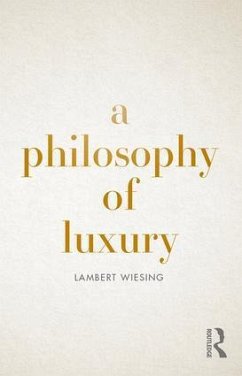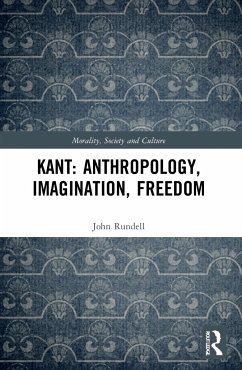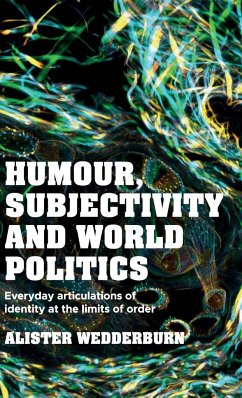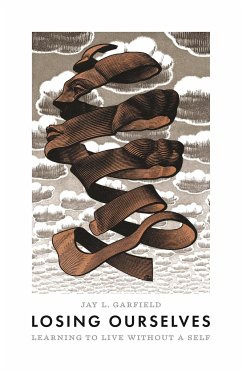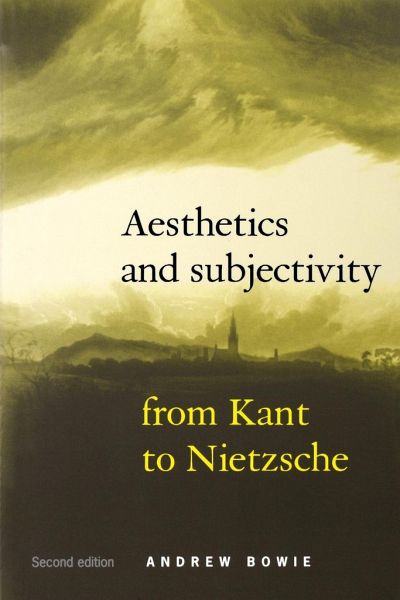
Aesthetics and subjectivity

PAYBACK Punkte
15 °P sammeln!
Reconsiders the path of German philosophy from Kant to Nietzsche, in relation to consciousness, aesthetics and language. The book traces the beginning of modern debates on aesthetics and politics, as well as hermeneutics, paying attention to the significance of music in modern philosophy. -- .






